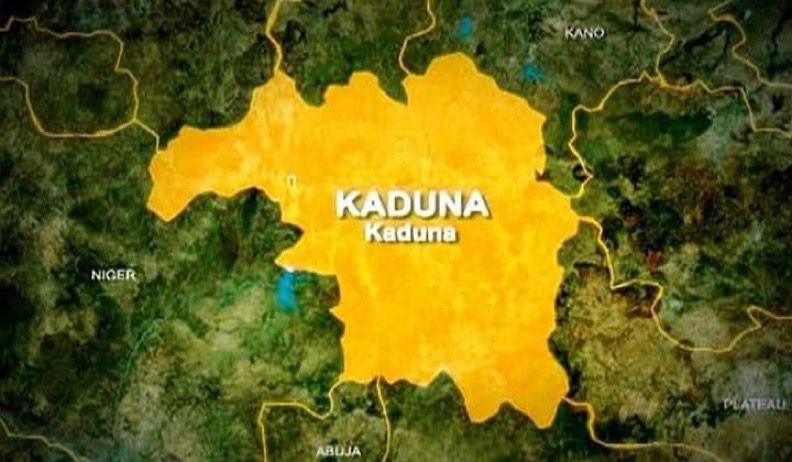No Bank Account Without Tax ID From January 2026, Federal Government Insists

The Federal Government has announced that beginning January 1, 2026, Nigerians and non-residents will not be allowed to open or operate bank accounts without a valid Tax Identification Number (Tax ID).
The directive is part of the Nigeria Tax Administration Act, 2025, one of the major reform bills signed into law by President Bola Ahmed Tinubu in June as part of efforts to strengthen tax compliance and boost government revenue.
The law makes the possession of a Tax ID mandatory for all taxable persons, corporate bodies, and even government agencies across federal, state, and local levels. It also extends to non-resident individuals or organisations that supply goods or services in Nigeria, ensuring that foreign operators are brought under Nigeria’s tax framework.
According to the Ministry of Finance and the Federal Inland Revenue Service (FIRS), the policy aims to broaden the country’s tax base, close revenue leakages, and reduce tax evasion.
By linking formal financial services directly to tax registration, officials believe it will become easier to monitor financial flows, discourage illicit practices, and improve revenue collection for national development.
The Act also grants tax authorities the power to issue, suspend, or revoke Tax IDs, strengthening enforcement capacity. Banks across the country will be required to update their Know-Your-Customer (KYC) processes to reflect the new rules.
New customers will need to provide both their Bank Verification Number (BVN) and Tax ID when opening accounts, while existing account holders without a valid Tax ID may face restrictions or suspension once enforcement begins.
Businesses seeking government contracts must also show proof of registration, or risk exclusion from procurement opportunities and other financial dealings. While the move has been welcomed by tax experts and international accounting firms who describe it as a step toward global best practices, it has generated mixed reactions among the public.
Civil society groups and citizens have expressed concerns that the directive may impose hardship on low-income earners and small-scale entrepreneurs who make up the informal sector. Many fear that difficulties in obtaining Tax IDs, coupled with infrastructural challenges, could exclude vulnerable groups from the banking system.
The government has assured Nigerians that implementation will be phased and that guidelines will be issued in the coming months to help citizens navigate the registration process. Banks, in collaboration with the Central Bank of Nigeria, are expected to embark on awareness campaigns to educate customers on how to obtain Tax IDs before the deadline.
With less than a year and a half until enforcement begins, experts are urging citizens and businesses to start the registration process early to avoid delays. The Federal Government, meanwhile, faces the challenge of balancing enforcement with accessibility, ensuring that compliance does not undermine financial inclusion or worsen the economic pressures already faced by ordinary Nigerians.









